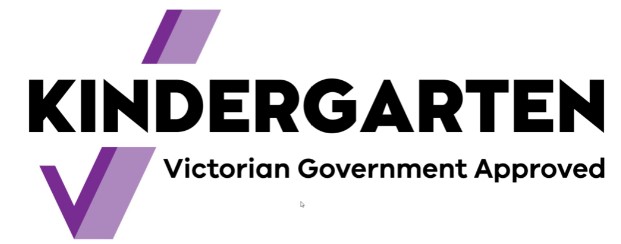The Benefits of Music Education for Kindergarteners
01 June 2023Music education has many benefits for children of all ages but is particularly important for kindergarteners. Kindergarten is a crucial time in a child’s development, and music can play a significant role in helping them learn and grow. Let’s go ahead and explore the benefits of music education for kindergarteners and why it is important to include music in their curriculum. Enhanced Cognitive Development Music education can enhance cognitive development in young children. Studies have shown that exposure to music can increase the development of spatial-temporal skills, which are crucial for math and science skills. Additionally, learning music requires children […]
Read More
Kindergarten Schooling: How to Help Your Kindergartener Build Strong Social Skills
17 May 2023Kindergarten is a crucial stage in a child’s life as it marks their introduction to formal schooling and the beginning of their educational journey. Along with academic learning, kindergarten is also an important time for children to develop social skills, which are critical for their future success in school and beyond.Social skills are important for all children but are especially crucial for kindergarteners. Developing social skills early helps children develop self-confidence and adjust to new environments. Kindergartners need to learn to interact with others positively, which can be challenging when you’re just starting at school (even more so if your […]
Read More
Kindergarten School: Help Your Kindergartener Have a Strong Sense of Wellbeing
08 May 2023A strong sense of well-being is considerably more than just being content all the time or being free of sickness. It combines physical, social, and emotional elements. Kindergarteners with strong well-being are likelier to be engaged and confident learners. So how do you foster a strong sense of well-being in your child? Here’s how: • Motivate your child to exercise. Give them more than enough opportunities to play outside and practise their motor skills, including climbing, walking, running, jumping, skipping, and balancing. • Show lots of physical affection. Your child will feel secure and safe in friendly and encouraging relationships. […]
Read More
Kindergarten School Tips on How to Teach Kindergarten Self-Discipline Skills
28 April 2023Teaching self-discipline skills is an essential part of a child’s development, and it can be particularly challenging with kindergarten-aged children who are just starting their educational journey. Here are some tips on how to teach kindergarten self-discipline skills: • Establish routines and expectations: Kindergarten children thrive on routine and structure, so establishing clear expectations and routines can help them understand what is expected of them. For example, establish snack, circle, and other activities routines. Be consistent and reinforce the routines regularly. Your child will become accustomed to the routine if you establish a similar schedule each day. They will be […]
Read More
Gower St. Kindergarten: How to Encourage Your Kindergartener’s Mathematical Thinking?
12 April 2023Do you want to encourage your kindergartener’s mathematical thinking and assist them in maintaining their skills, but you want to avoid coming across as nagging or assigning homework? There are other methods to practise math besides doing worksheets at the kitchen table. There are many different ways to practise math skills. Continue reading to learn how you can encourage your child’s mathematical thinking in your daily life. Math in Your Kindergartener’s Daily Life Math is used every time we organise objects, read a map, compare prices, measure ingredients for a dish, or utilise a calendar. You can go over these […]
Read More

